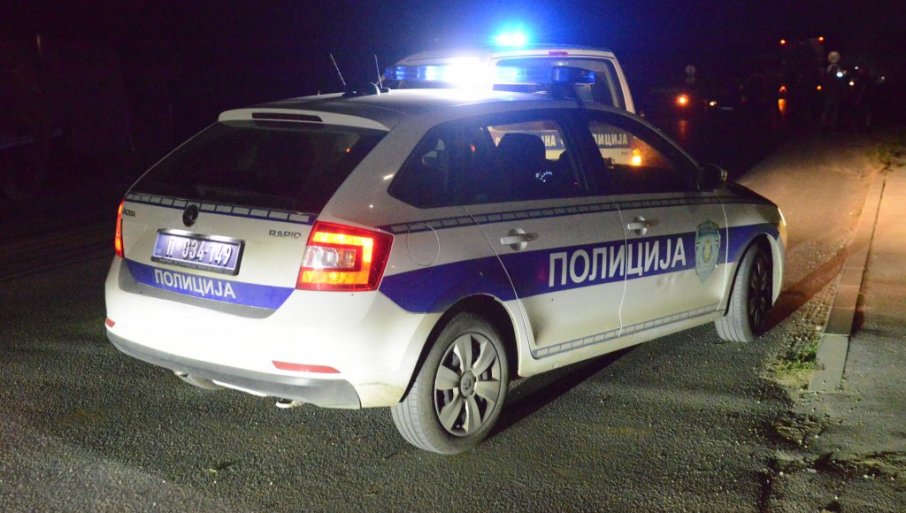Prosečna bruto plata u Srbiji u februaru iznosila je 129.934 dinara, dok je prosečna neto plata bila 94.125 dinara, prema podacima Republičkog zavoda za statistiku. U poređenju sa istim mesecom prošle godine, prosečna bruto zarada je nominalno veća za 15,8 odsto, a realno za 9,7 odsto, dok je prosečna neto zarada nominalno veća za 15,7 odsto, a realno za 9,6 odsto. Medijalna neto zarada za februar bila je 72.956 dinara, što znači da je 50 odsto zaposlenih primilo manju platu od tog iznosa.
U prvom delu 2024. godine, bruto zarade su porasle za 15,8 odsto nominalno i za 9,2 odsto realno u poređenju sa istim periodom prošle godine. Prosečna neto zarada bila je veća za 15,7 odsto nominalno i za 9,2 odsto realno.
These statistics from the Republic’s statistics office suggest a positive trend in the average salaries in Serbia, with both gross and net salaries increasing compared to the previous year. However, experts point out that these figures may not reflect the actual cost of living for the average Serbian worker, as the prices of goods and services have also increased in recent months.
The average salary in Serbia has been a topic of discussion for years, with many workers expressing dissatisfaction with their wages. Despite this, the government has made efforts to increase the minimum wage and improve labor conditions for workers in various industries.
The increase in salaries in Serbia can be attributed to several factors, including economic growth, investments in key industries, and government policies aimed at improving the overall standard of living for citizens. However, many workers still struggle to make ends meet, especially in the face of rising inflation and the high cost of living in urban areas.
Experts believe that more needs to be done to address income inequality in Serbia and ensure that all workers receive fair wages for their labor. This includes implementing policies that protect workers’ rights, providing opportunities for skill development and career advancement, and creating a more equitable distribution of wealth and resources.
Overall, while the increase in average salaries in Serbia is a positive development, it is clear that more work needs to be done to ensure that all workers are able to support themselves and their families in a rapidly changing economic landscape.




